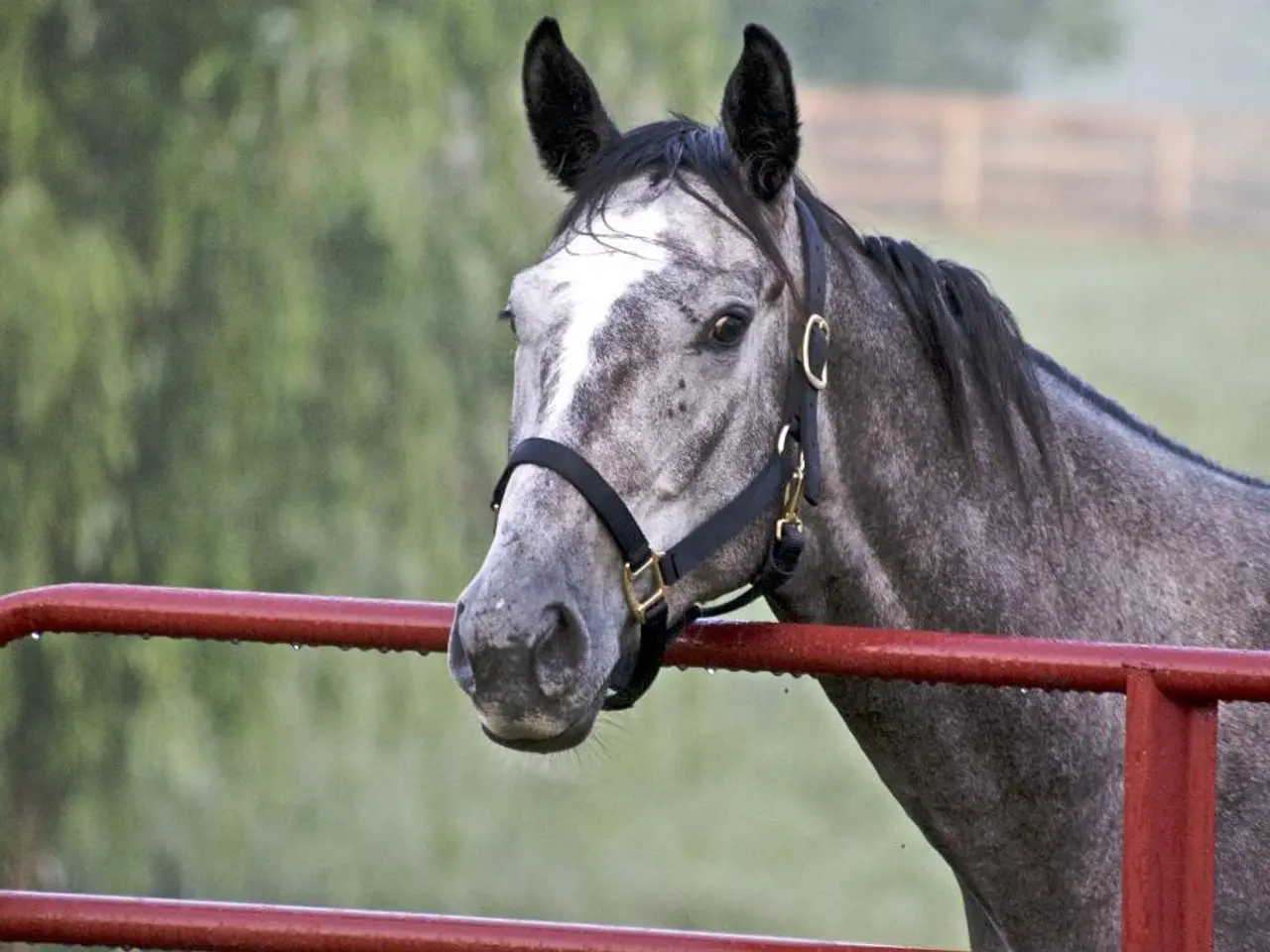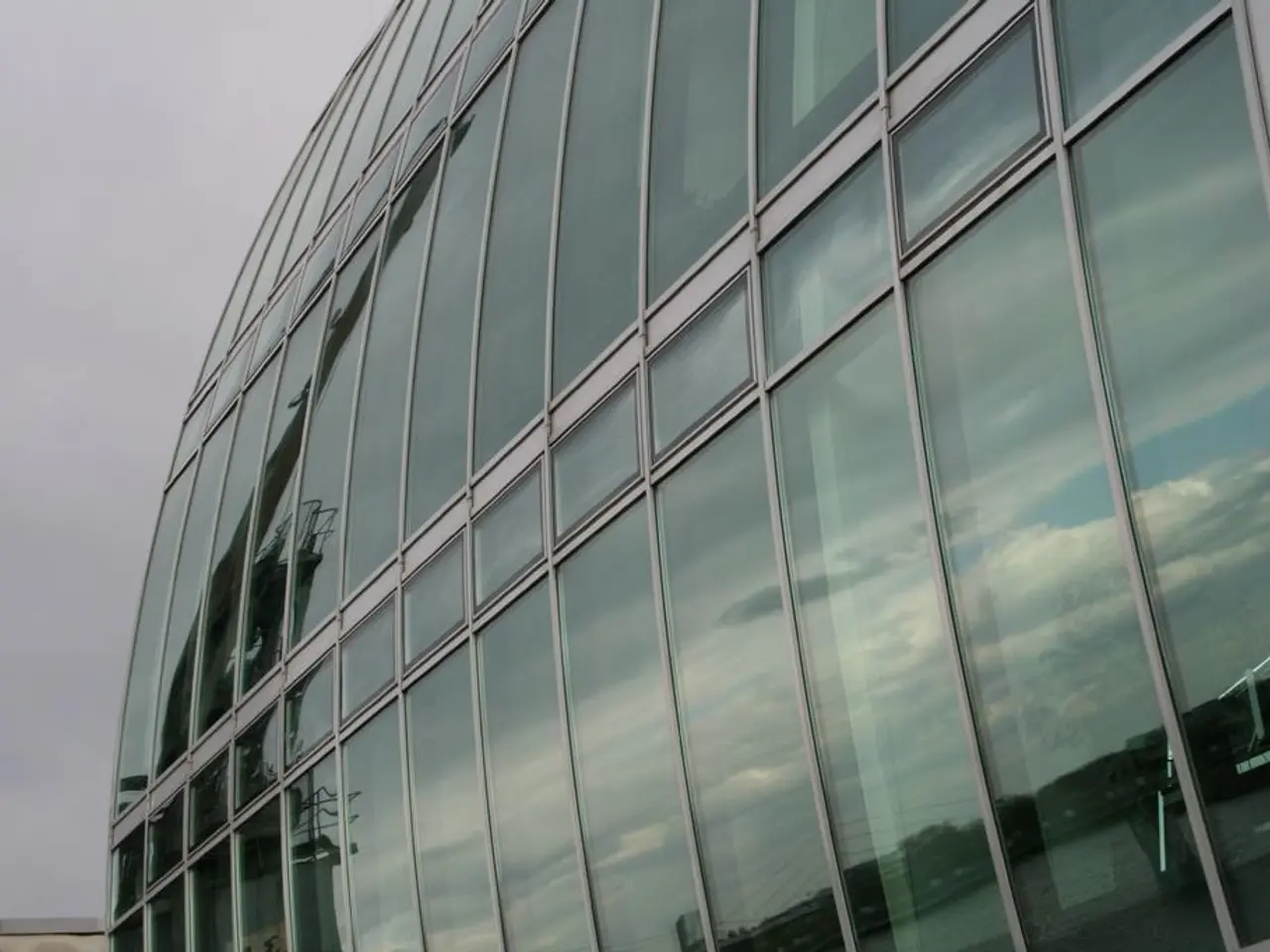A Slight Bump in Your Schnitzel Price, But for a Noble Cause
Funds for Improved Spaces - Origin Unknown
In the bustling city of Berlin, a small uptick in your grocery bill could translate to a significant improvement in the living conditions of farm animals. For years, models on how to finance this reformation have been debated, yet no progress has been made. Enter the new agriculture minister, Alois Rainer, who's promised to fight for more funding - without raising prices.
Food prices have experienced a steep rise, even exceeding inflation rates, lamented Rainer at the opening of Farmers' Day in Berlin. He firmly opposes the idea of further taxing farmers through financial measures. Instead, he's gearing up to advocate for additional monetary support earmarked for farm improvements that promote animal welfare. These discussions are slated for the upcoming budget negotiations in 2025 and 2026.
Fighting for 1.5 Billion Euros
Rainer hasn't revealed specific figures as of yet, but Farmers' president Joachim Rukwied has made it clear - an additional 1.5 billion euros annually from 2026 is needed as an investment subsidy, focusing primarily on pig farmers. The traffic light coalition had earlier set aside a billion euros spread over several years as a boost for pig farmers. However, the goal now is to establish a lasting model for the entire farming sector.
Since 2020, there's been a proposal from a commission led by former agriculture minister Jochen Borchert, advocating for a higher value-added tax or what's colloquially termed an "animal welfare levy." This levy could amount to 40 cents per kilogram of meat. Rainer's predecessor, Cem Özdemir (Greens), was an enthusiastic supporter of an "animal welfare cent."
Rukwied now asserts that the financing method is "irrelevant." What matters most is that the money reaches the farmers. Consumer advocacy group Foodwatch encouraged Rainer to implement the animal welfare levy and simultaneously abolish the value-added tax on fresh fruits and vegetables.
Minimum Wage Exemptions are Crucial
In the broader context of the industry, Rainer once again expressed his support for exemptions for fruit and vegetable farmers ahead of the anticipated minimum wage increase. He finds such exceptions "absolutely necessary." The farmers' association suggests that seasonal workers should receive only 80% of the minimum wage. However, the Ministry of Labor deems this unacceptable.
The reactions to Rainer's introduction have been positive, following the traffic light government's controversial decision to discontinue agricultural diesel subsidies. Both the Union and the SPD aim to restore these subsidies completely by 2026. Overall, Rainer emphasized his intention to function as a team player and values collaborative efforts with various associations. Instead of a challenging debut as some have suggested, he feels "like a guest among friends."
Greens Voice Concerns
Initial criticisms directed towards Rainer stemmed from the Greens, who claim that the new government's approach resembles a step back in time. "Back to the past seems to be their motto," said Green expert politician Ophelia Nick, who served as the parliamentary state secretary for agriculture recently. "Laws are shifted, regulations for less nitrate in the water are abolished without replacement."
Despite this criticism, both Rainer and the new Minister of Environment, Carsten Schneider (SPD), participated in Farmers' Day. "Having both of you here is a significant signal," said host Rukwied, highlighting farmers' intent to play a significant role in climate and environmental protection. Schneider emphasized the interdependence between environmental protection and agriculture, stating that farmers are on the front lines of experiencing the effects of climate change. He expressed his desire for a cooperative working relationship with Rainer. While differences will inevitably arise, they share a common goal - a collaborative style that prioritizes the advancement of both agriculture and environmental protection. In the face of sensationalized political debate, they underscore the importance of maintaining a democratic perspective and avoiding unnecessary attacks on state institutions.
[1] The animal welfare feedback mechanism is a long-term strategy to systematically improve farm animal living conditions through dedicated funding, fostering humane treatment protocols, and better living environments. This approach enables farmers to offset the costs associated with transitioning to higher welfare standards and encourages broad adherence to the new standards.[5] The proposed animal welfare levy is a targeted tax or fee levied on certain products, generating revenue that can be used solely to support animal welfare initiatives, thus incentivizing farmers to prioritize welfare standards. This funding mechanism augments other supports like grants and subsidies for organic or sustainable agricultural practices.
In the context of the proposed animal welfare initiatives, Finance Minister Alois Rainer aims to advocate for additional monetary support that promotes animal welfare in the agricultural sector during the upcoming budget negotiations in 2025 and 2026. The business community, including farmers and consumer advocacy groups, are closely monitoring these discussions as they may impact the pricing of agricultural products, such as meats and produce. Furthermore, discussions surrounding the financing of these initiatives, including potential taxation, have also drawn attention in the realm of politics, as policymakers grapple with balancing the needs of various stakeholders in the general-news landscape.




